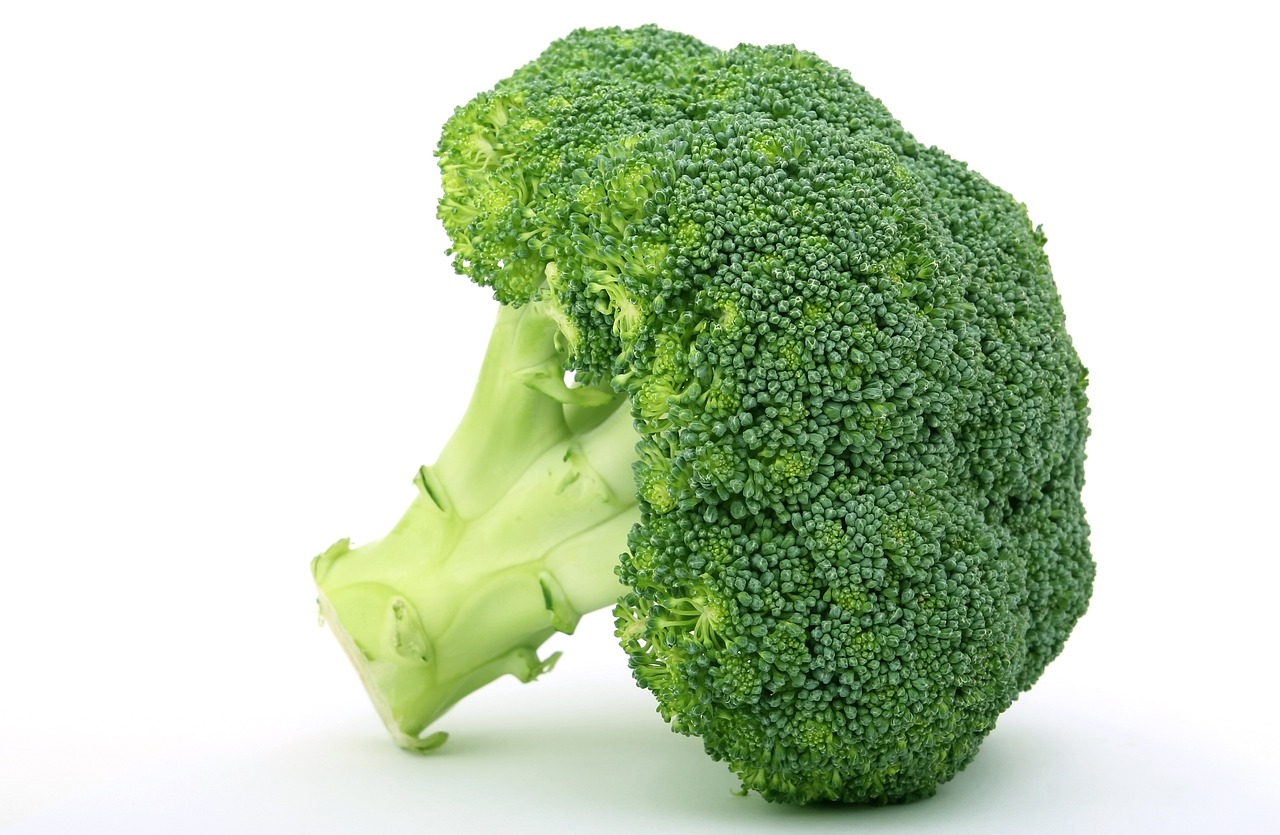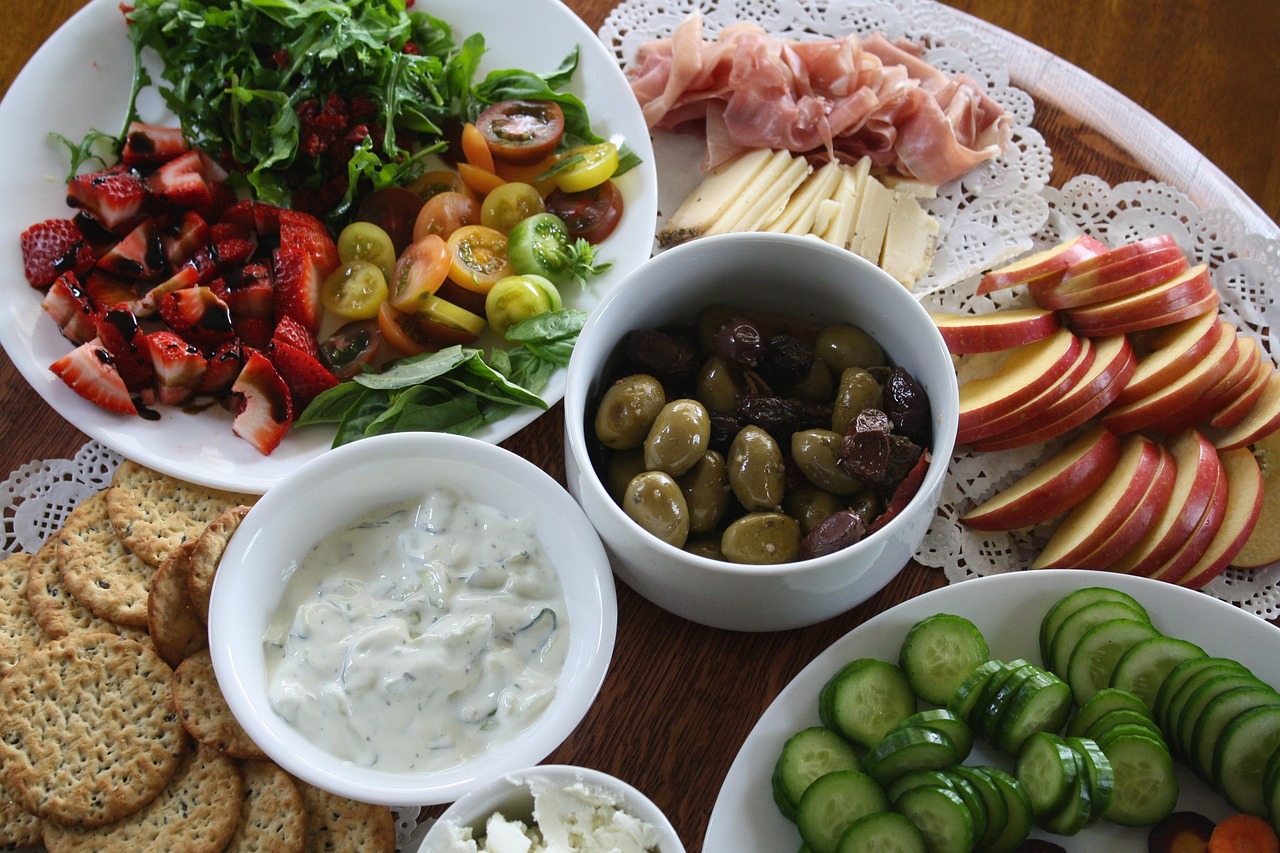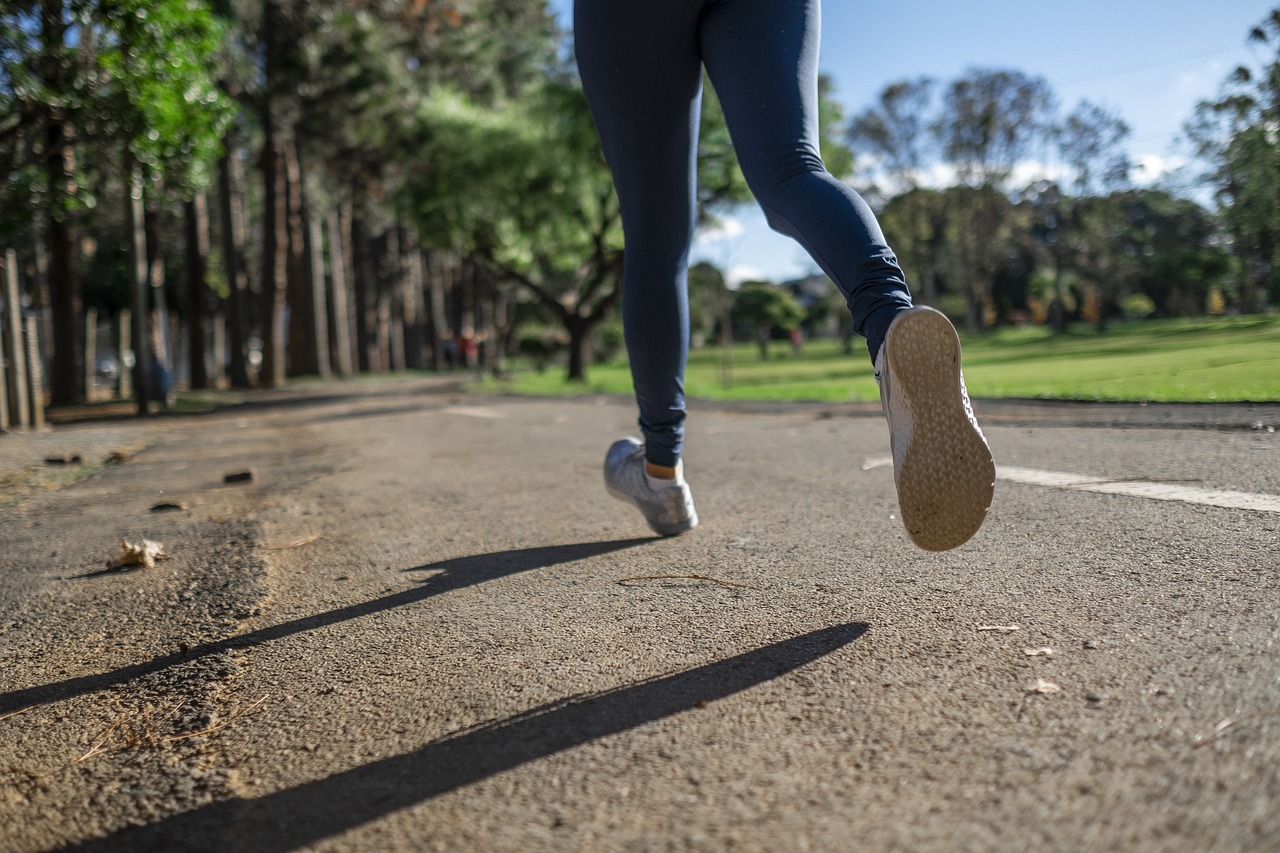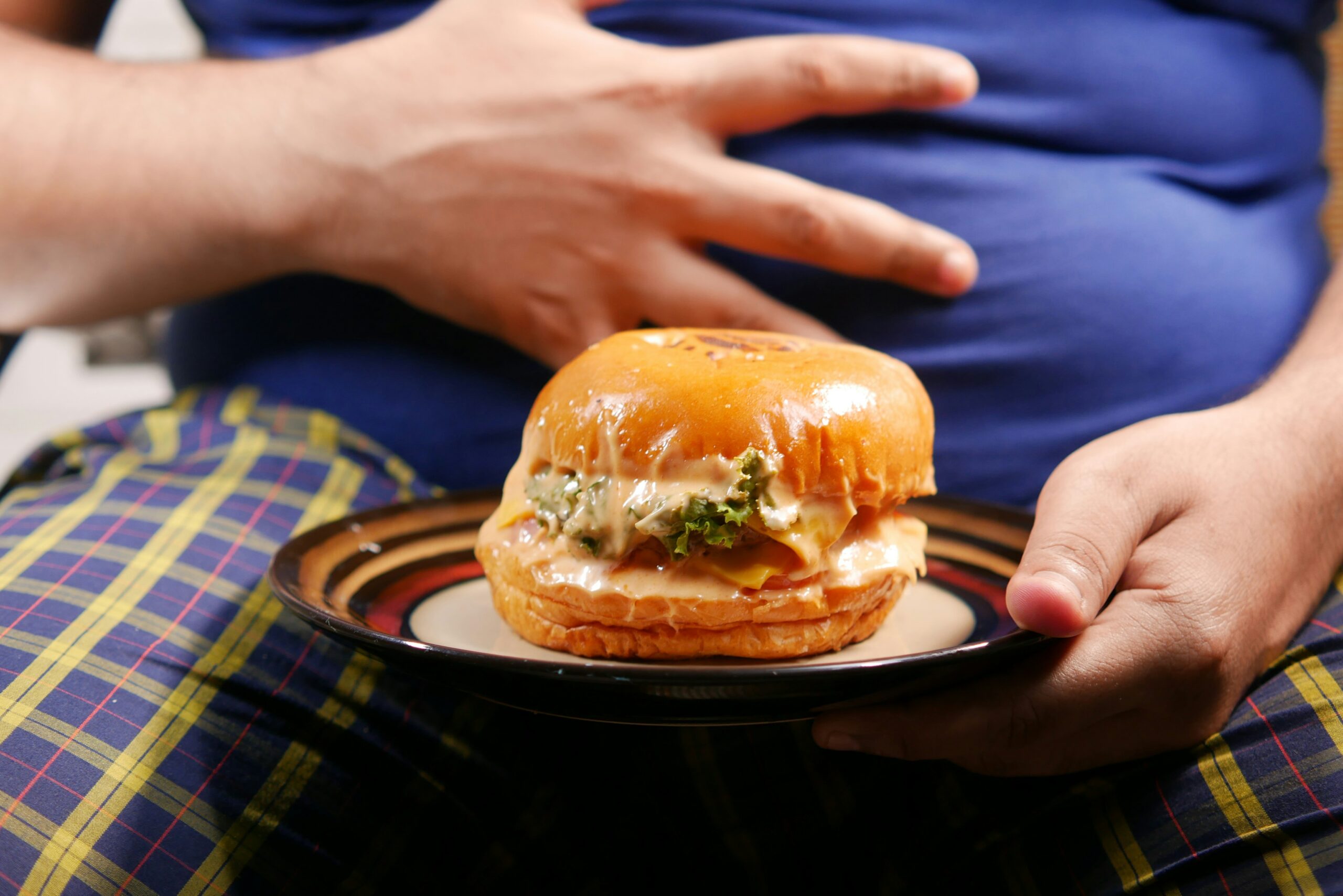If you’ve been trying to shed some extra pounds, you might have wondered how that occasional glass of wine or night out with friends is affecting your fat loss journey. Well, in this article, we’ll explore the impact of alcohol consumption on your efforts to lose weight. From the way alcohol is processed by your body to its effect on your metabolism and appetite, we’ll uncover the science behind how alcohol consumption can either hinder or support your fat loss goals. So grab a drink (water, of course!) and let’s uncover the truth about alcohol and fat loss.
Metabolism and Fat Storage
When it comes to metabolism and fat storage, alcohol can have various effects on the body. Let’s take a closer look at how alcohol impacts these processes.
Effects of alcohol on metabolism
Alcohol consumption can have a significant impact on metabolism. When you consume alcohol, your body prioritizes breaking it down and metabolizing it over other nutrients. This means that while your body is busy processing alcohol, it may not be effectively metabolizing other substances, including carbohydrates and fats. As a result, the metabolic rate can slow down, making it more difficult for your body to burn stored fat.
How alcohol affects fat storage
Alcohol can also directly affect fat storage in the body. When you consume alcohol, it provides your body with empty calories – calories that do not contain any beneficial nutrients. These empty calories are stored as fat, contributing to weight gain and making it harder to achieve your fat loss goals. Additionally, alcohol can stimulate the appetite and lead to overeating, further promoting fat storage.
Caloric Value of Alcohol
Alcohol is often referred to as a source of empty calories. Unlike other macronutrients like carbohydrates, proteins, and fats, alcohol does not contain any essential nutrients or provide any real nutritional value. Each gram of alcohol contains 7 calories, which adds up quickly, especially when consumed in excess. Therefore, when you incorporate alcohol into your diet, you are introducing additional calories without any beneficial nutrients.
Alcohol as a source of empty calories
The empty calories in alcohol can have a significant impact on overall calorie intake. For example, just a few glasses of wine, a couple of beers, or a few shots of liquor can easily add up to hundreds of calories. These calories do not provide satiety or contribute to your body’s nutrient needs, which means they can easily lead to weight gain or hinder your fat loss progress.
Alcohol’s impact on overall calorie intake
Moreover, alcohol can influence your overall calorie intake more than you might think. When you consume alcohol, it can decrease inhibitions and lead to poor food choices. This can result in the consumption of high-calorie and unhealthy foods that further contribute to weight gain. Additionally, the calories from alcohol are often consumed in addition to the calories from regular meals, leading to an excess calorie intake that can hinder fat loss efforts.

Alcohol and Hormonal Balance
Alcohol consumption can disrupt hormonal balance in the body, affecting various hormones involved in fat loss.
Effects of alcohol on insulin levels
Insulin is an important hormone that regulates blood sugar levels and fat storage. When you consume alcohol, it can cause a spike in insulin levels, especially if consumed in large quantities. This can lead to a rapid drop in blood sugar levels, promoting hunger and cravings for high-carbohydrate, high-calorie foods. These food choices can then lead to weight gain and hinder fat loss progress.
Alcohol’s impact on other hormones involved in fat loss
In addition to insulin, alcohol can also affect other hormones involved in fat loss. For example, alcohol consumption can decrease levels of the hormone leptin, which helps regulate appetite and fat storage. Lower levels of leptin can lead to increased hunger and a decreased feeling of fullness, making it more difficult to control food intake and achieve fat loss goals. Alcohol can also increase levels of cortisol, a stress hormone that can lead to weight gain, particularly in the abdominal area.
Alcohol and Nutrient Absorption
The impact of alcohol on nutrient absorption can also impact fat loss efforts.
Alcohol’s impact on nutrient absorption
Alcohol can impede the body’s ability to absorb and utilize nutrients effectively. When alcohol is present in the body, it can interfere with the absorption of essential vitamins, minerals, and other nutrients from food. This can deprive the body of the necessary nutrients needed for optimal functioning, including fat metabolism. Without proper nutrient absorption, the body’s ability to efficiently utilize nutrients for fat loss can be hindered.
How it affects the body’s ability to utilize nutrients for fat loss
When alcohol hampers the absorption of nutrients, it can affect various metabolic processes, including fat metabolism. Nutrients like vitamins B and C, as well as minerals like zinc and magnesium, are essential for proper fat metabolism. When alcohol interferes with their absorption, it can disrupt the body’s ability to efficiently burn stored fat, making it harder to achieve fat loss goals.

Alcohol and Appetite Control
Alcohol consumption can have a significant impact on appetite control and food choices, affecting fat loss in the process.
Effects of alcohol on appetite regulation
Alcohol can disrupt the body’s natural appetite regulation mechanisms. When consumed, alcohol can stimulate the appetite and lead to an increased desire for food, especially high-calorie and unhealthy options. This effect can be compounded by the fact that alcohol can impair judgment and decision-making, leading to poor food choices and overeating. These effects on appetite regulation can promote weight gain and hinder fat loss efforts.
Alcohol’s influence on food choices and overeating
Alcohol consumption can also influence food choices and lead to overeating. When under the influence of alcohol, individuals tend to choose foods that are high in calories, fat, and sugar. These food choices, coupled with alcohol’s effect on appetite regulation, can easily result in overconsumption of calories, hindering fat loss progress. Additionally, alcohol can impair inhibitions and decrease self-control, making it harder to resist unhealthy food choices.
Dehydration and Water Retention
Alcohol’s impact on hydration and water retention can influence fat loss efforts.
Alcohol’s dehydrating effect on the body
Alcohol is a diuretic, meaning it increases urine production and can lead to dehydration. Dehydration not only affects overall health but can also impact the body’s ability to effectively burn stored fat. When dehydrated, the body’s metabolic rate can slow down, making it more difficult to lose fat. Additionally, dehydration can decrease exercise performance, further hindering fat loss efforts.
How dehydration and water retention impact fat loss
Dehydration can also lead to water retention, causing bloating and making it difficult to see progress in fat loss. When the body is dehydrated, it holds onto water, leading to temporary weight gain and a bloated appearance. This can be discouraging for individuals working towards fat loss goals, as it can mask progress and make it harder to stay motivated.

Alcohol and Sleep Quality
Alcohol consumption can impact sleep patterns and quality, which can, in turn, affect weight management.
Alcohol’s impact on sleep patterns and quality
While alcohol is often associated with inducing sleepiness, it can also disrupt sleep patterns and impact the quality of sleep. Alcohol can interfere with the natural sleep cycle, leading to disrupted REM sleep and less restful sleep overall. This can leave you feeling groggy and fatigued the next day, affecting your energy levels and motivation to engage in physical activity for fat loss.
How poor sleep affects weight management
Poor sleep quality has been linked to weight gain and difficulty in losing fat. When you do not get enough quality sleep, it can affect the regulation of hunger hormones, such as leptin and ghrelin. This can lead to increased hunger and cravings, making it harder to stick to a healthy eating plan and achieve fat loss goals. Additionally, lack of sleep can decrease energy levels and affect exercise performance, further hindering fat loss efforts.
Alcohol and Muscle Recovery
Proper muscle recovery is crucial for fat loss, and alcohol consumption can impair this process.
How alcohol consumption impairs muscle recovery
Alcohol consumption negatively impacts muscle recovery by interfering with protein synthesis. When you consume alcohol, it can disrupt the signaling pathways necessary for muscle protein synthesis, which is essential for repairing and building muscle tissue. This can lead to decreased muscle growth and recovery, making it harder to build lean muscle mass – an important factor in fat loss.
The importance of muscle recovery for fat loss
Proper muscle recovery plays a vital role in fat loss. When you engage in resistance training or other forms of exercise, your muscles undergo stress and micro-tears. It is during the recovery phase that the muscles repair and grow stronger, increasing your overall metabolic rate. By impairing muscle recovery, alcohol consumption can hinder the development of lean muscle mass, making it more challenging to achieve fat loss goals.
Alcohol’s Influence on Exercise Performance
Alcohol can affect physical performance and endurance, which can hinder fat loss efforts.
How alcohol affects physical performance and endurance
Consuming alcohol before exercise can impair physical performance and endurance. Alcohol is a depressant that can affect the central nervous system, leading to decreased coordination, slower reaction times, and reduced muscle strength. These effects can have a significant impact on exercise performance, making it harder to engage in intense workouts that are beneficial for fat loss.
The impact of reduced exercise performance on fat loss
Reduced exercise performance due to alcohol consumption can hinder fat loss efforts in various ways. Firstly, by impairing physical performance, alcohol can decrease the intensity and effectiveness of workouts, leading to fewer calories burned. Secondly, alcohol’s impact on coordination and reaction times can increase the risk of injury during exercise, potentially setting back progress made towards fat loss goals. For optimal fat loss, it is crucial to prioritize exercise and avoid excessive alcohol consumption.
Alcohol and Liver Function
The liver plays a crucial role in both fat metabolism and alcohol metabolism, and alcohol consumption can impair its function.
The liver’s role in fat metabolism and alcohol metabolism
The liver is responsible for processing and metabolizing both fats and alcohol. It plays a pivotal role in breaking down fatty acids and converting them into energy. Simultaneously, it also metabolizes alcohol and eliminates it from the body. However, when alcohol intake is excessive or frequent, it can overwhelm the liver, affecting its ability to effectively carry out fat metabolism and leading to fat storage.
How alcohol impairs liver function and fat processing
Alcohol consumption can impair liver function in several ways. Firstly, when the liver is busy metabolizing alcohol, it may prioritize alcohol metabolism over fat metabolism. This can lead to an accumulation of fatty acids, which are then stored as fat. Secondly, excessive alcohol consumption can lead to liver inflammation and damage, further hindering its ability to process fats. This can contribute to the development of a condition called alcoholic fatty liver, which can impede fat loss efforts.
In conclusion, alcohol consumption can have a significant impact on fat loss efforts. From its effects on metabolism and fat storage to its influence on hormonal balance, nutrient absorption, appetite control, hydration, sleep quality, muscle recovery, exercise performance, and liver function, alcohol can hinder progress towards achieving fat loss goals. However, it is important to remember that moderation and mindful consumption are key. By being aware of alcohol’s potential drawbacks and making conscious choices, you can still enjoy the occasional drink while working towards a healthier and leaner you.




